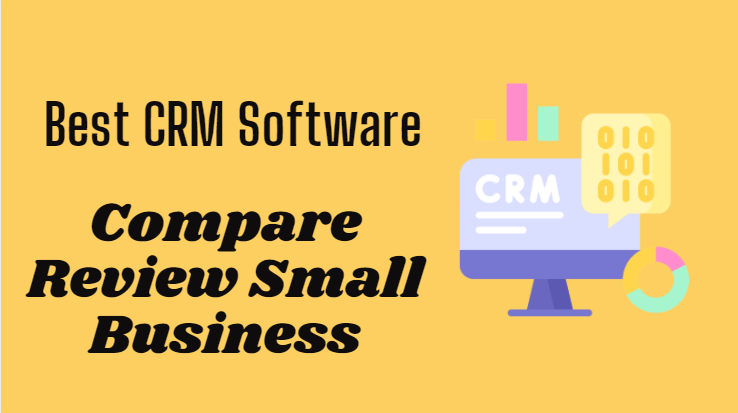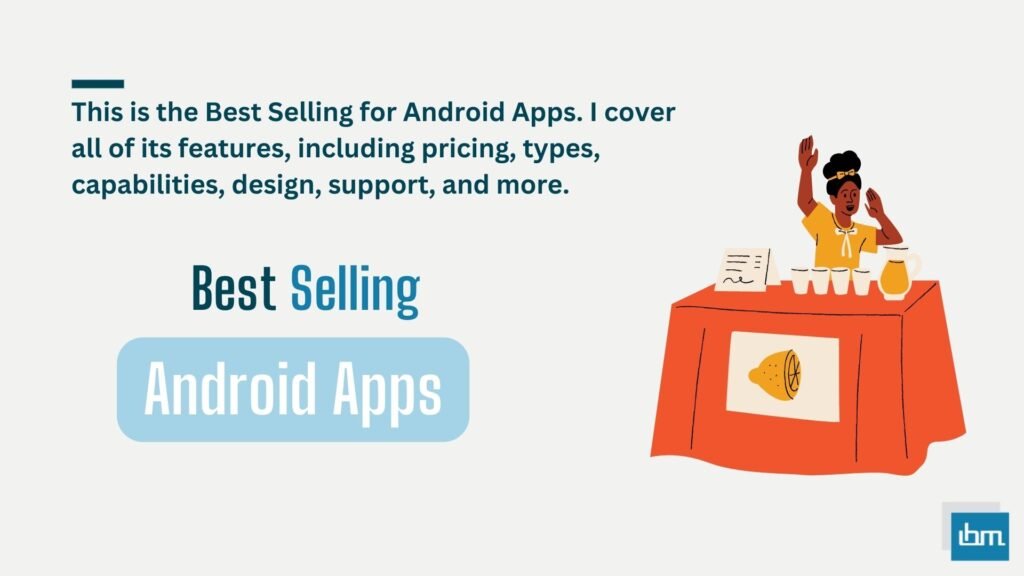In the fast-evolving world of search engine optimization (SEO), one term continues to hold its value: white hat link building. For beginners stepping into the digital marketing game, this might sound technical, even overwhelming. But don’t worry — this guide will help you understand what white hat link building really means and how you can leverage it to grow your website ethically and sustainably.
Unlike black hat SEO techniques, white hat link building focuses on earning backlinks the right way — through genuine value, trust, and high-quality content. If you’re new to SEO, think of white hat strategies as your roadmap to long-term success. These methods not only protect your site from penalties but also help you build real authority in your niche.
So, if you’re wondering how to start link building from scratch, keep reading. We’ll break down each method in a step-by-step way, using language that’s easy to understand — even if you’ve never done SEO before.
What Is White Hat Link Building?
Before diving into strategies, it’s important to grasp the concept. White hat link building refers to acquiring backlinks through ethical, Google-approved methods. This means you’re not manipulating search engine algorithms or tricking websites into linking to yours. Instead, you’re earning links because your content is valuable, trustworthy, and relevant.
These backlinks are like votes of confidence — each one signals to Google that your website offers something worth visiting. And the more high-quality, relevant backlinks you have, the better your site will rank in search results.
Some core principles of white hat link building include:
- Creating high-quality content that people naturally want to link to
- Building relationships with other site owners or bloggers
- Earning mentions through value-driven outreach
- Avoiding any deceptive or automated link-building schemes
Remember, this is a long-term game. The results may not be instant, but they are long-lasting and safe.
Why White Hat Link Building Matters for Beginners
If you’re just starting your website or blog, you might be tempted by shortcuts that promise instant backlinks or higher rankings. Unfortunately, these often involve black hat tactics that can get your site penalized or even removed from Google’s index.
White hat SEO may seem slower, but it offers:
- Sustainable traffic growth
- Trust and credibility with your audience
- Google algorithm updates protection
- Long-term business value
Search engines like Google are constantly improving their algorithms to reward authentic sites. That’s why following ethical link building techniques is not just smart — it’s essential.
1. Create High-Quality, Linkable Content
The foundation of white hat link building lies in your content. If your website doesn’t offer value, people won’t have a reason to link to it.
Here’s what makes content link-worthy:
- Original Research and Data: Share your own surveys, case studies, or reports.
- How-to Guides and Tutorials: Step-by-step instructions are always in demand.
- Expert Roundups: Interviewing industry experts gives your content credibility.
- Infographics and Visual Assets: People love to share visual content.
- Tools or Templates: Free resources drive links naturally.
Focus on solving real problems for your audience. Use long-tail keywords in a natural flow and structure your content for readability — using subheadings, bullet points, and short paragraphs.
2. Guest Posting on Relevant Sites
Guest posting remains one of the most effective and beginner-friendly white hat link building strategies. The idea is simple: you write a valuable article for another website in your niche and include a link back to your site.
Steps to get started:
- Find relevant websites in your niche using searches like:
- “write for us” + your niche
- “guest post guidelines” + your topic
- Study their content and audience.
- Pitch a topic that adds value to their readers.
- Write original content, not recycled versions of existing articles.
- Include your backlink naturally — either in the author bio or in the body (if allowed).
Pro Tip: Focus on quality over quantity. A backlink from a well-established blog is far more powerful than ten from irrelevant or low-quality sites.
3. Use Broken Link Building
Broken link building is a clever and ethical SEO tactic that involves finding broken links on other websites and suggesting your content as a replacement.
Here’s how it works:
- Use tools like Ahrefs, Broken Link Checker, or Check My Links Chrome extension.
- Find resource pages or blog posts in your niche that contain broken links.
- Reach out to the webmaster or content owner politely.
- Let them know about the broken link and offer your content as a replacement.
Example email template:
“Hi [Name], I was reading your article on [Page Title] and noticed a broken link to [Old Resource]. I actually created a similar, updated resource here: [Your Link]. Feel free to use it if you find it helpful!”
4. Build Relationships with Niche Bloggers
Networking plays a huge role in successful link building. Don’t think of backlinks as a transaction — instead, see them as a byproduct of good relationships.
How to start:
- Comment on blog posts and engage on social media
- Share their content and tag them
- Send appreciation emails highlighting what you liked
- Join relevant Facebook groups, LinkedIn communities, or Slack channels
When these bloggers become familiar with your name and content, they’re more likely to mention you in their own posts or roundups. This type of organic link building can be very powerful.
5. Submit to Business Directories (Ethically)
Local and niche-specific business directories can offer valuable backlinks. But be cautious — only submit your site to reputable directories that are well-maintained and have real traffic.
Good examples include:
- Google Business Profile
- Yelp
- Bing Places
- Clutch (for service-based businesses)
- Product Hunt (for digital tools)
Also look for industry-specific directories in your niche. For example, if you run a photography blog, submit to photography forums, directories, or community sites.
Make sure your business name, address, and URL are consistent across platforms. This also boosts local SEO performance.
6. Create Skyscraper Content
Coined by Brian Dean of Backlinko, the Skyscraper Technique involves improving existing top-performing content and promoting yours as a better alternative.
Here’s how to implement it:
- Find high-ranking content with a lot of backlinks in your niche. Use tools like Ahrefs or BuzzSumo.
- Create a better version — more updated, more comprehensive, or more engaging.
- Reach out to the sites linking to the old content and suggest they link to yours instead.
This is ethical and effective — you’re not stealing content, you’re simply making it better and helping others stay updated.
7. HARO (Help A Reporter Out)
HARO is a platform that connects journalists with expert sources. By signing up as a source, you can respond to media queries and, if selected, receive a backlink from high-authority news sites.
Steps:
- Sign up at helpareporter.com
- Choose categories related to your niche
- Monitor daily emails for queries
- Respond quickly and professionally with expert input
If selected, your website will be cited — often from .com, .edu, or news websites, giving you a powerful backlink.
8. Offer Testimonials or Reviews
Brands and SaaS companies love showcasing testimonials from real users. Reach out to the tools or services you already use and offer a short testimonial — in exchange, they may link to your site.
Example:
“I used [Tool] to scale my email list and saw a 40% increase in sign-ups. It’s incredibly beginner-friendly!”
This method is quick, genuine, and helps build trust — both for the company and your site.
9. Publish Expert Roundups or Interviews
Creating expert roundup articles not only positions you as an authority but also encourages the experts you feature to link back to the article from their own sites or social channels.
Here’s how:
- Pick a topic in your niche
- Reach out to 10–20 experts with a single focused question
- Compile the responses into a blog post
- Notify the participants once published
Most will be happy to share or even link to the post. This approach is great for community building and backlinks at the same time.
10. Use Internal Linking Effectively
While internal links won’t give you external SEO juice, they still help boost page authority, reduce bounce rate, and improve user experience. As a beginner, make sure:
- Each article links to 2–4 other relevant articles
- Anchor text is natural and descriptive
- Your top-performing pages get the most internal links
Google follows these links to understand your site structure and value flow.
Conclusion.
Let’s be real — link building can feel confusing when you’re just starting out. But it doesn’t have to be. If you focus on value, build real relationships, and stick to ethical practices, you’ll naturally earn backlinks that matter. Don’t chase shortcuts. Instead, build something worth linking to.
Whether it’s guest posting, offering a helpful tool, or simply sharing your story, the goal is the same — create genuine connections and helpful content. Over time, you’ll see your website’s credibility, traffic, and ranking grow the right way.
Take it one step at a time, and remember — the best link-building strategy is to be worth linking to.
White hat link building takes patience, creativity, and consistency. But it works. The key is to always prioritize value — to your readers, to other site owners, and to the broader web ecosystem.
To measure success:
- Use tools like Google Search Console to track link growth
- Monitor keyword ranking improvements
- Keep a spreadsheet of backlinks gained and their sources
- Evaluate traffic quality and conversions from those links
Whether you’re running a blog, an eCommerce store, or a business website, ethical link building is your foundation for long-term growth and search visibility.








